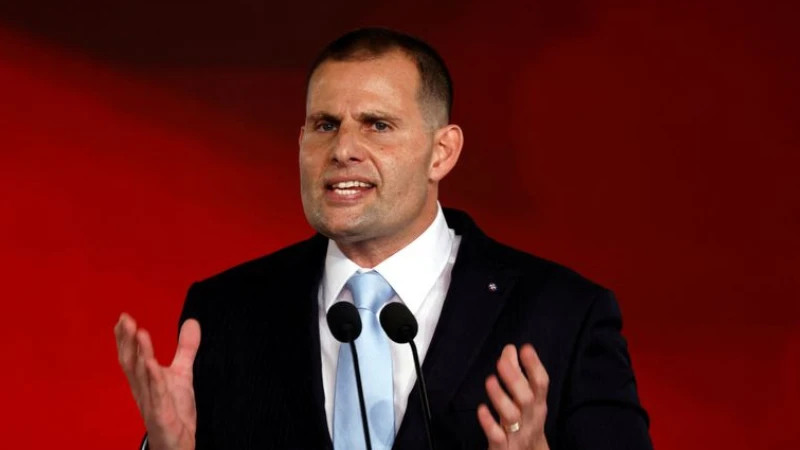This is the initial reaction in view of today’s government statement on its intentions regarding how inquiries are conducted. When the government publishes the amendments, Repubblika will study them in detail and react in detail.
It seems that the government’s intention is to completely remove the usefulness of the right of citizens to request a magisterial inquiry even though this right has led to the prosecution of serious cases of corruption including the sale of hospitals. With the changes that the government wants to make, this prosecution would not have been possible.
- The government is saying that before they have access to the courts, citizens must first go to the police and will not be able to act until six months have passed. The police are a branch of the government and fall under government ministers. As we have experienced in our country over the past decade, the police have repeatedly refused to investigate and act on grand corruption. Citizens’ access to the judiciary would allow us to call on a constitutionally independent branch of government to uphold the law even when it is broken by senior government officials. With the freeze on access to the judiciary, it will mean that criminals will have six months to hide evidence and magistrates will not be able to preserve evidence while we wait for these six months to pass.
- The process that the government is describing after the six months have passed is primarily to examine why the police did not act, not to start the inquiry that has been waiting for months to begin. This is identical to the process that already exists where individuals can challenge the police in court for failing to act on a complaint. This court review of police conduct is another delay that the government is creating before it can begin investigating alleged crimes that have been known for at least six months, to give criminals more time to evade justice if they are ever found.
- The government is saying that in the request for an investigation that must first be made to the police, citizens can only submit evidence that is admissible in court. The collection of admissible evidence is the job of the investigation and then of the requested inquiry. It is the police who conduct the investigation and the magistrate who conducts the inquiry who have the power under the law to collect admissible evidence: with the power of arrest and seizure that no ordinary citizen has or can have. Evidence of a crime alone does not lead to someone’s guilt. But it should – as it is today – lead to a serious investigation and if and when evidence is found, it is collected and used in a court process that determines someone’s innocence or guilt. When the police request an inquiry today they do not go to the magistrate with evidence admissible in court, they go with reasonable suspicion of a crime until investigations begin and the inquiry begins. The government is imposing a higher – and intentionally impossible to meet – test on ordinary citizens.
From what we can understand from what the government has proposed, the last tool in the fight against corruption is being removed and impunity for the corrupt is being guaranteed. Just as we have laws, supposedly against corruption, for the protection of whistleblowers and for freedom of information that are designed not to work, the effectiveness of the law on the right of citizens to request magisterial inquiries will now also be dismantled.
It is clear then that the Maltese state is still more than ever hijacked by a mafia, a criminal organization whose main purpose is to guarantee its criminal members impunity when they steal and no state institution is left with the capacity to stop them.
We note with regret that once again the government has ignored repeated requests for public consultation and introduced a regressive measure against the democracy we had. We reiterate our call for effective consultation which is something to be expected in a democracy that still deserves that name.




